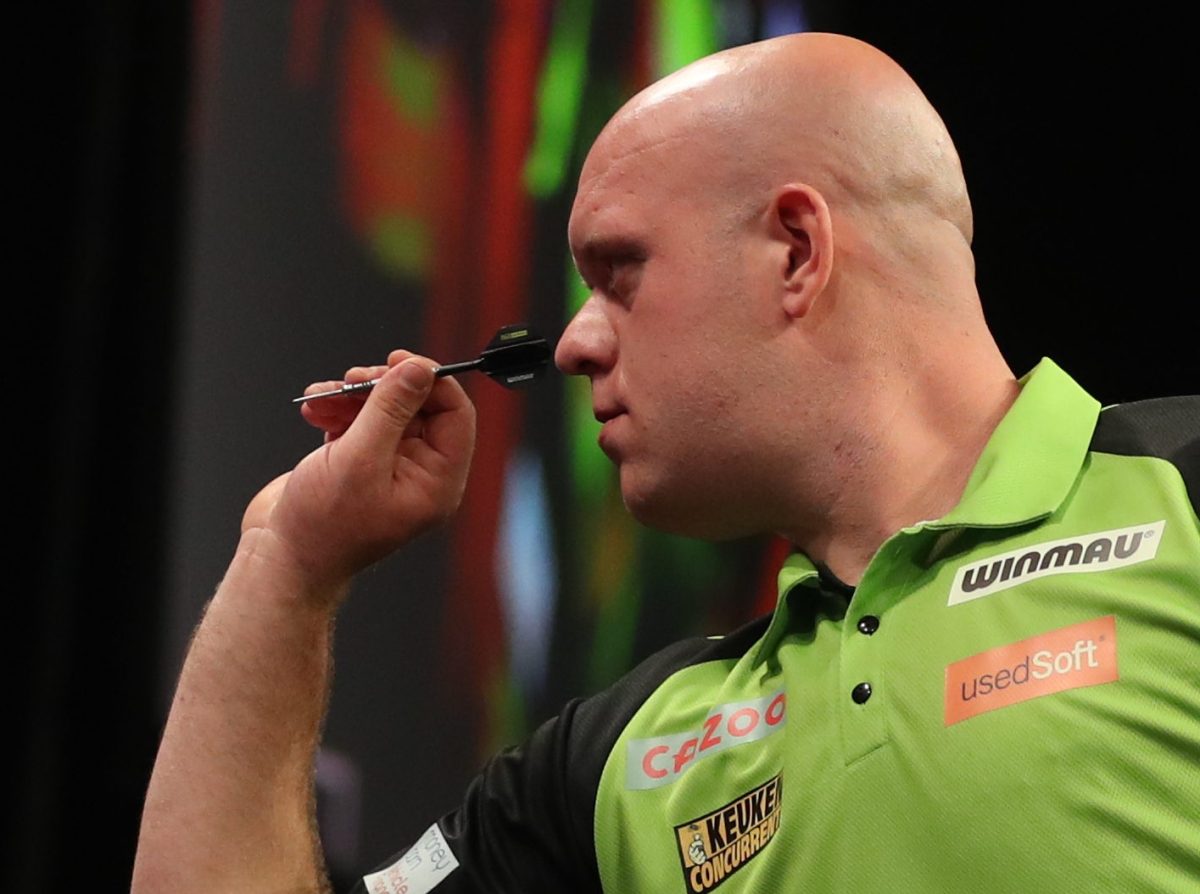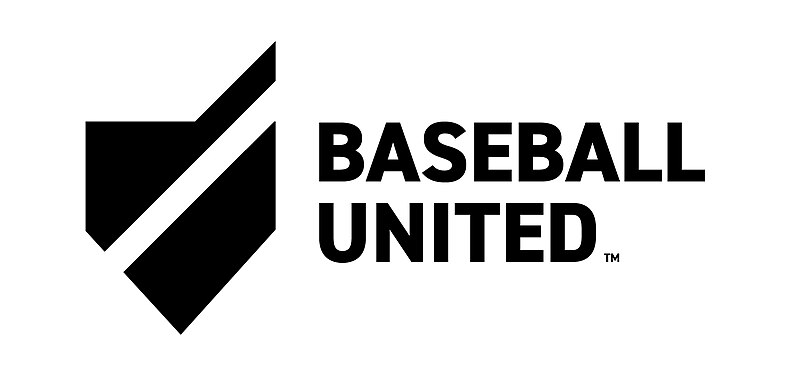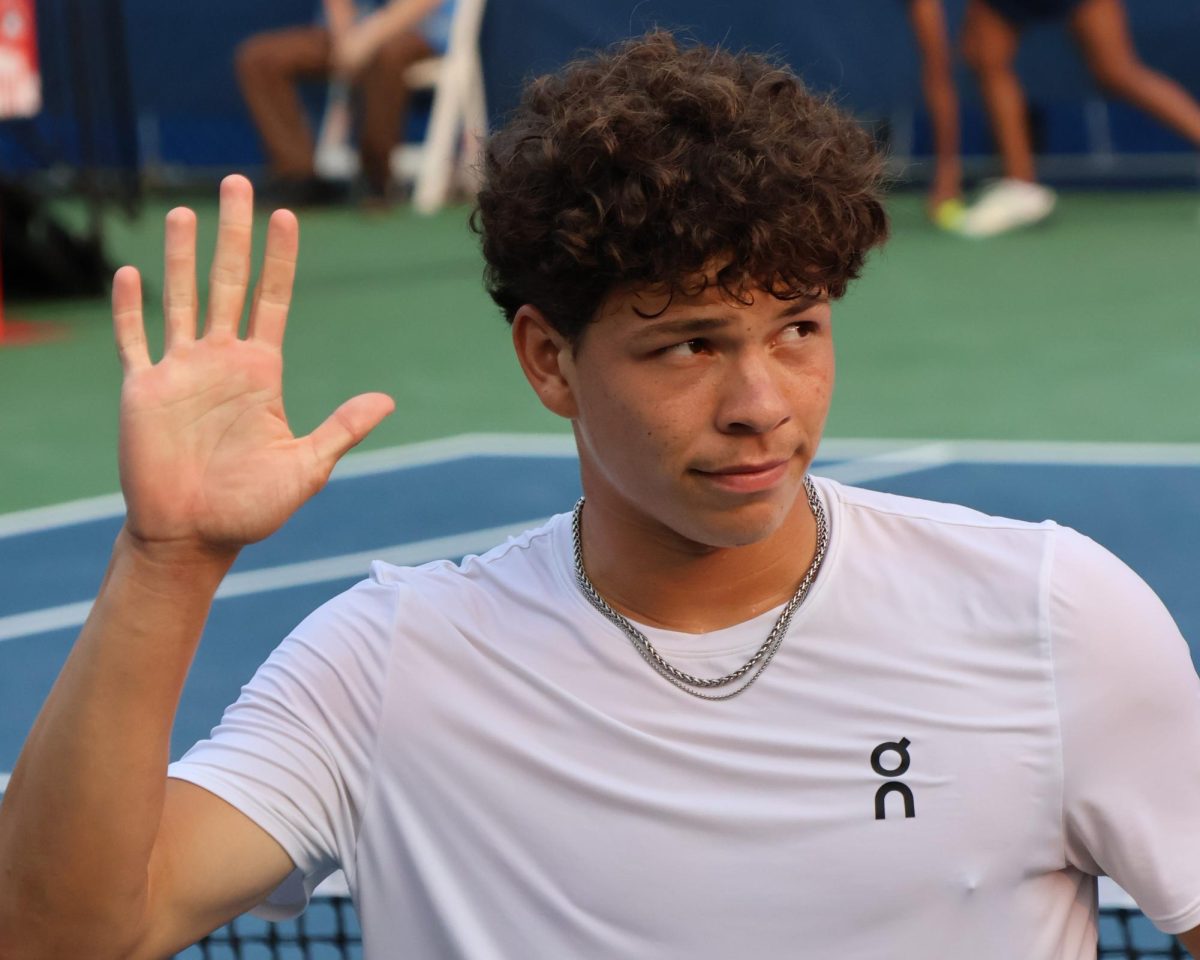After enjoying another MLB All-Star game this week, I soon learned that its ratings had dropped from last year — in fact, they were the lowest All-Star game ratings ever. This can only mean one thing: Baseball is dying.
Ok, so that’s an overreaction and I don’t believe it, but many people have seen ratings as one of the indications that baseball is falling off the map and dying. As a lover of baseball, this always freaks me out: How could a whole sport just die? What’s wrong? How can it be fixed?
It’s not hard to find countless articles on the subject; the narrative has dominated baseball for the past few years. Most pieces seem to characterize the arguments into two areas: economics and cultural relevance. An article in The New Yorker from last August and one in The New York Times from September 2013 do a good job at making the distinction between these two categories.
Attacking the economic health of Major League Baseball is difficult, because if you look at it, there isn’t much evidence that shows a decline. Yes, ratings for the All-Star game and World Series are on a downward trend, but regionally baseball is dominant. Eleven out of the 30 MLB teams were the highest-watched primetime programming in their local markets last season, and six more teams were in the top three. MLB’s revenue reached a record $9 billion last season and will continue to grow. The argument about the cost of tickets and whether most American families can afford to go to games has become a more dominant topic of conversation, and it’s fair issue to analyze. But while the issue of ticket prices in baseball and other sports will have to be addressed at some time, overall attendance at games is still relatively steady.
So, if baseball is healthy economically, then what does the cultural argument have to say? There are a few great quotes in the New Yorker and New York Times articles that capture this sentiment. The former asks: “If Mike Trout walked into your neighborhood bar, would you recognize him?” and “When was the last time that baseball’s reigning king was a cultural nonentity?” The latter says: “The game, in other words, has never been healthier. So why does it feel so irrelevant?” and “Baseball stars really haven’t managed to transcend their local markets.”
So the problem seems to be that despite its continued economic growth, its overall popularity and relevance has diminished and no longer has a hold on peoples’ attention like it did in the majority of the 20th century. This is in part a consequence of our contemporary society that we have repeatedly been told is fast-paced and necessitates a constant amount of action, which baseball is failing to deliver.
In a feature from The Washington Post in April, this argument about baseball’s decline was investigated with regard to its seemingly lower participation at the youth level and older demographic. Modern life is leaving baseball behind, and 50 percent of the game’s viewers are 55 or older and its average viewer age is 53, while it’s 47 for the NFL and 37 for the NBA. Little League has seen its participation rate decline over the last 12 years. Furthermore, there is the idea that baseball is tied into the so-called traditional American family life, and with the changing dynamic of how kids are raised, what their family compositions are and what economic and social issues they must contend with, baseball just no longer fits well into this society.
Within all of these pieces there are valid points, and baseball is far from perfect, but the notion that baseball is dying is essentially the equivalent of the story of the boy who cried wolf in the sports world. Fox Sports put together a great collection of newspaper headlines and stories starting from 1916 that all proclaim baseball is dying. Reading them is so much fun because many of the issues are applicable to today. My two favorite quotes are: “The game is getting outdated by other forms of entertainment which are more exciting, more accessible and — in many cases — cheaper,” and “The game which was so great for the mechanical age may no longer be suited for what McLuhan calls the ‘electronic age.’”
The former quote is from 1955 and the latter is from 1969. This is exactly what people are arguing now; that baseball does not fit this fast-paced technological society, and kids are more interested in other forms of entertainment than baseball. But 60 years later the sport is still thriving.
Some of the arguments against the game are valid. Baseball does play more regionally, and outside of the now-retired Derek Jeter, it does not necessarily have stars that stand out in the public sphere like Lebron James, Kevin Durant, Steph Curry, Peyton Manning or Tom Brady. However, what baseball is experiencing now is a wealth of young talent, extremely close division races and the most parity of any of the four major leagues.
These are all the successful ingredients needed to draw people to the game: new fans and old. I would love to see Mike Trout, Bryce Harper, Carlos Correa, Kris Bryant and others encouraged to let more of their personality out and for baseball to market it well. They are what baseball needs. But Commissioner Rob Manfred in his first year has already shown a commitment to helping improve the game with the pace-of-play rules that have already made an impact, and initiatives like the Nationals’ youth academy show baseball’s willingness to actively introduce the game to kids and make a difference.
I am confident that these trends will continue, and baseball will continue to adapt.
The game isn’t perfect — no sport is — but it was supposed to have died over 100 years ago and is still thriving. Hopefully it will thrive for 100 more.
Robert DePaolo is a rising senior in the College. The Wind-Up appears every Saturday.


